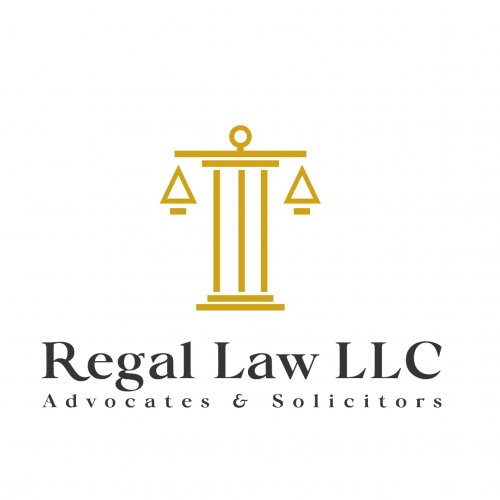Best Arrests & Searches Lawyers in Chinatown
Share your needs with us, get contacted by law firms.
Free. Takes 2 min.
List of the best lawyers in Chinatown, Singapore
Disclaimer:
The information provided on this page is for general informational purposes only and does not constitute legal advice. While we strive to ensure the accuracy and relevance of the content, legal information may change over time, and interpretations of the law can vary. You should always consult with a qualified legal professional for advice specific to your situation. We disclaim all liability for actions taken or not taken based on the content of this page. If you believe any information is incorrect or outdated, please contact us, and we will review and update it where appropriate.








